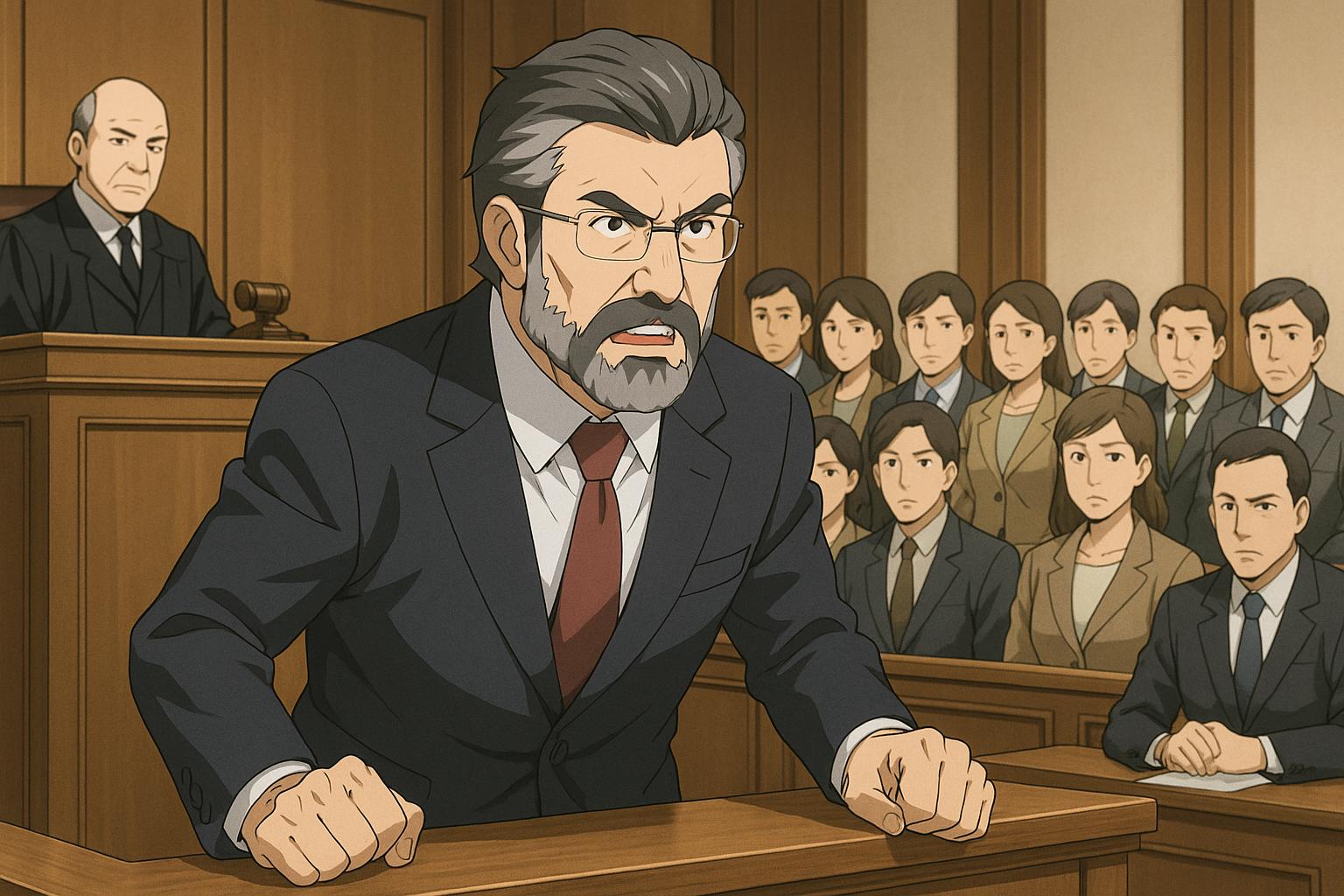Gerry Adams is currently embroiled in a high-profile libel case against the BBC, stemming from a 2016 Spotlight programme that alleged he sanctioned the murder of Denis Donaldson, a former Sinn Féin official and British spy. The case has garnered significant public attention, as it touches on contentious historical narratives and the complex legacy of the Troubles in Northern Ireland.
As the trial unfolds in Dublin's High Court, Judge Alexander Owens has made it clear that the jury's role is not to pass judgement on the broader historical context of Irish politics or Adams’ involvement in the peace process. In his instructions, he stated, “No jury, in my view, should be asked to give a verdict on Irish history.” Instead, the jury is to assess the specific allegations of defamation against the backdrop of Adams’ public reputation at the time of Donaldson's death in 2006.
Adams claims the BBC’s report defamed him, branding it a "grievous smear" that undermined his reputation, particularly as he seeks damages of at least €200,000 (£168,000). Conversely, the BBC has asserted that the accusations are warranted as a matter of public interest and that their journalism was conducted in good faith. They refer to the programme as a product of responsible reporting, emphasising that it presented allegations followed by direct denials from Adams, which they argue provides essential context.
This legal action also highlights a broader struggle between competing narratives of the past. Adams has vehemently denied any links to the murder, asserting that he has never been involved with the IRA, despite claims to the contrary. The BBC's defence is bolstered by multiple sources that allegedly corroborate the narrative they presented, suggesting that Adams played a significant role in sanctioning the killing. This has raised questions not just about Adams’ reputation but also about the media's responsibility in reporting on sensitive historical events.
In court, Adams described the BBC's response to his complaint as "absolutely insulting" and "absolutely arrogant," an indication of the contentious relationship between him and the broadcaster. His legal team seeks to establish the case's significance, arguing that the serious nature of the allegations undermines any trivialisation by the BBC as part of responsible journalism.
Justice Owens has emphasised the jurors' task: to assess the evidence presented and the reputational landscape as it existed in the past without getting swept up in a historical discourse. “You’re asked, of course, to make the decision, not as journalists, but as ordinary members of the public, using your common sense,” he stated, aiming to focus the discussion on the immediate facts at hand rather than the contested narratives of the conflict.
The outcome of this trial could reverberate beyond the courtroom, influencing how historical narratives surrounding the Troubles, including the roles played by influential figures such as Adams, are perceived by the public. As jurors deliberate, they carry the weight not just of Adams' defamation claim but also of a society seeking to reconcile a fragmented past with its present.
📌 Reference Map:
- Paragraph 1 – [1], [4]
- Paragraph 2 – [1], [2], [3]
- Paragraph 3 – [7], [5]
- Paragraph 4 – [2], [3]
- Paragraph 5 – [6], [4]
- Paragraph 6 – [1], [7]
- Paragraph 7 – [5], [6]
Source: Noah Wire Services
